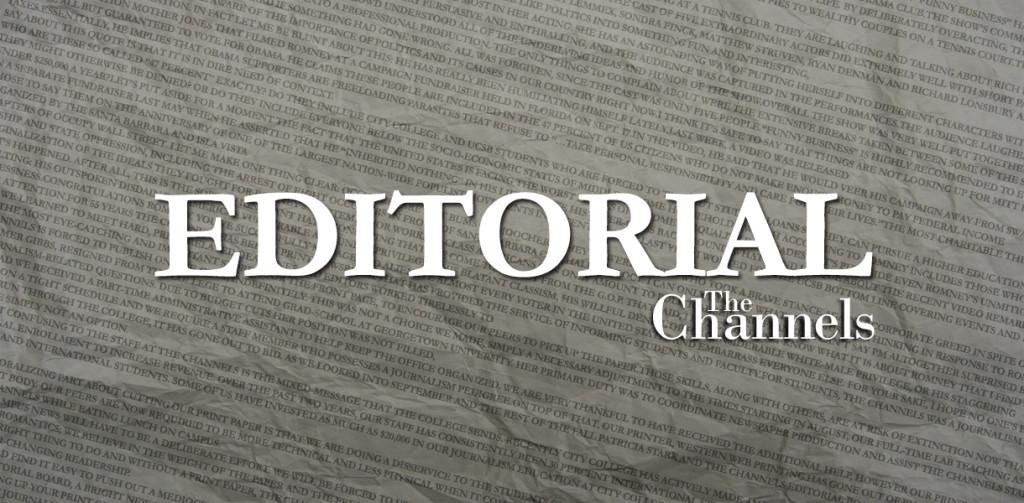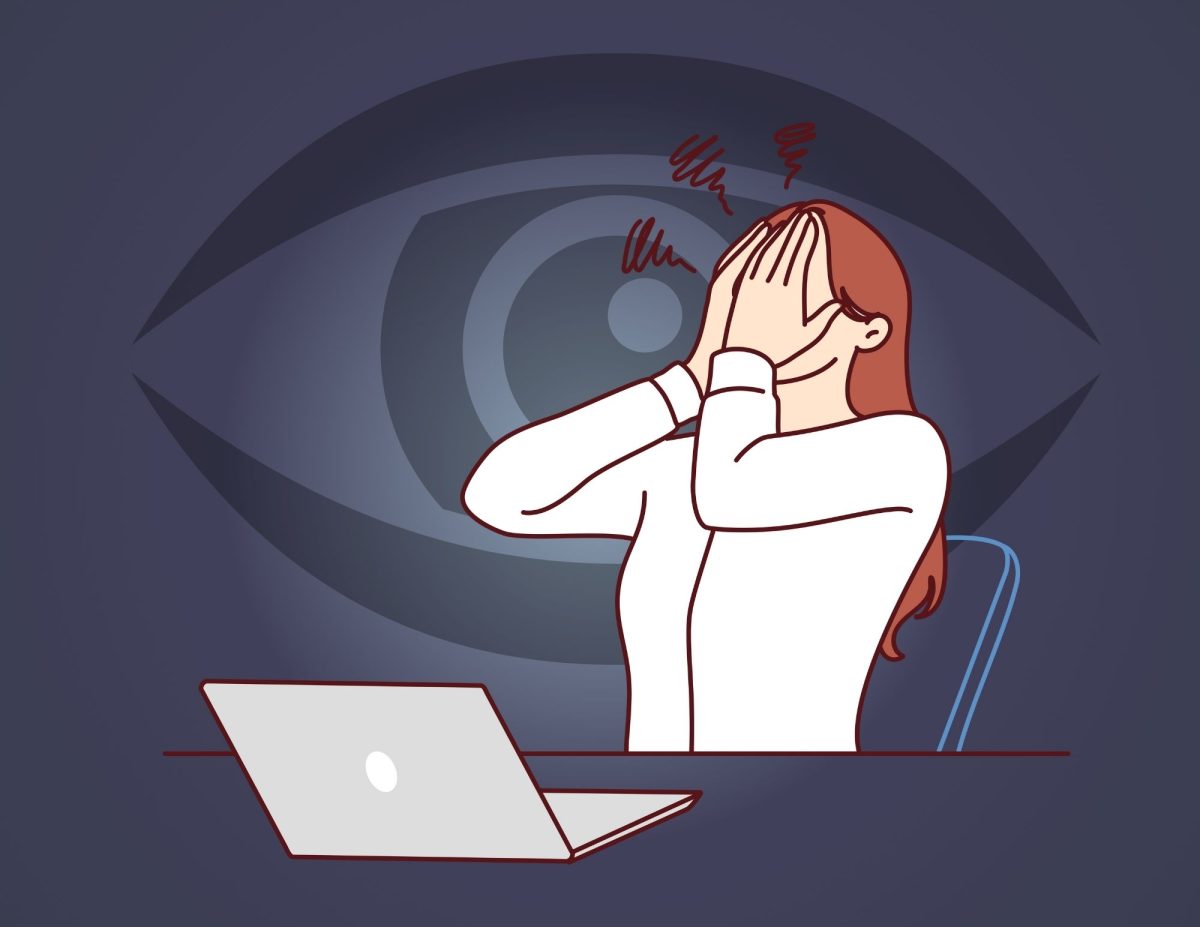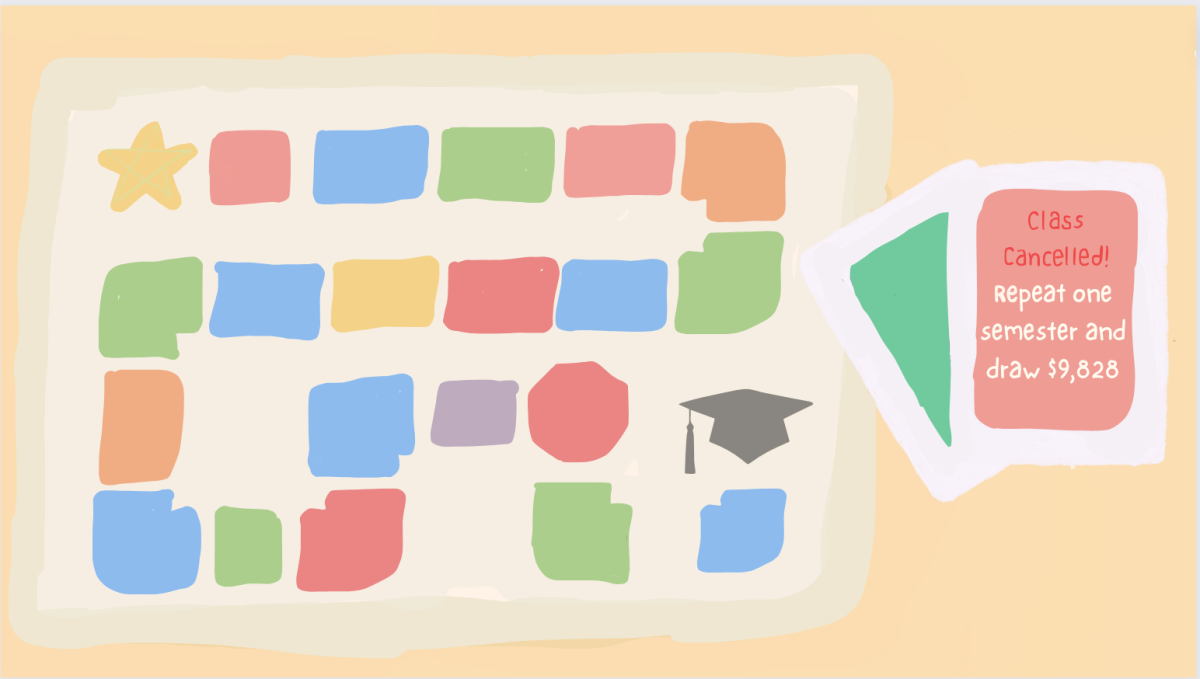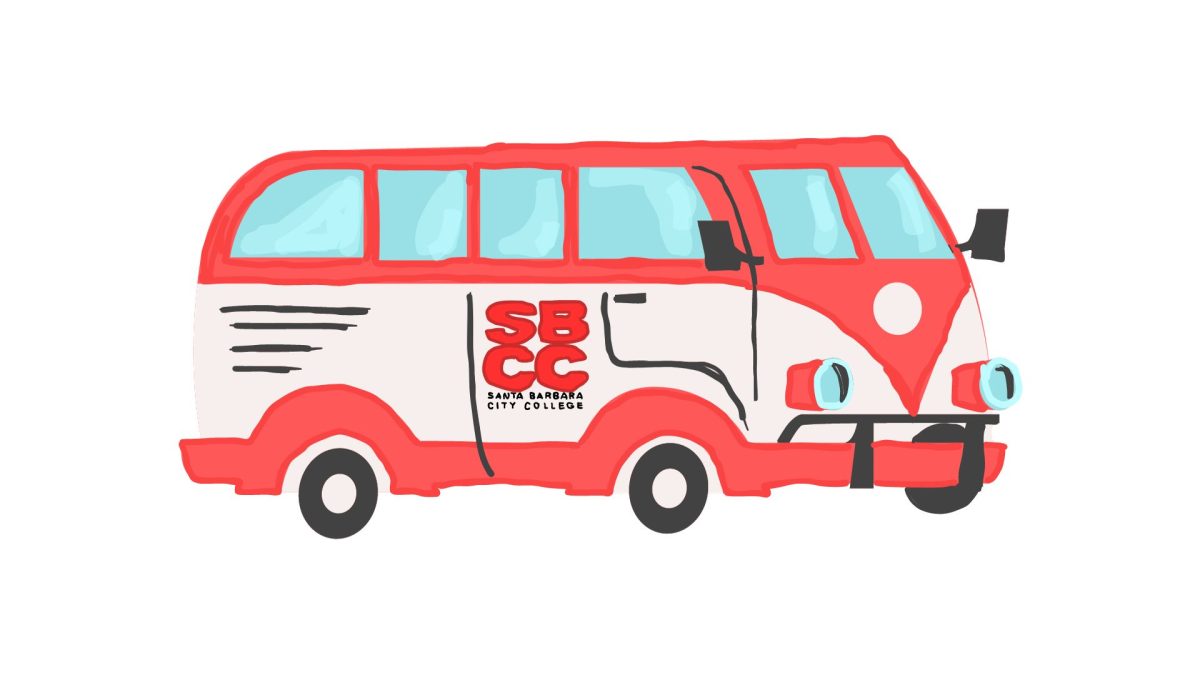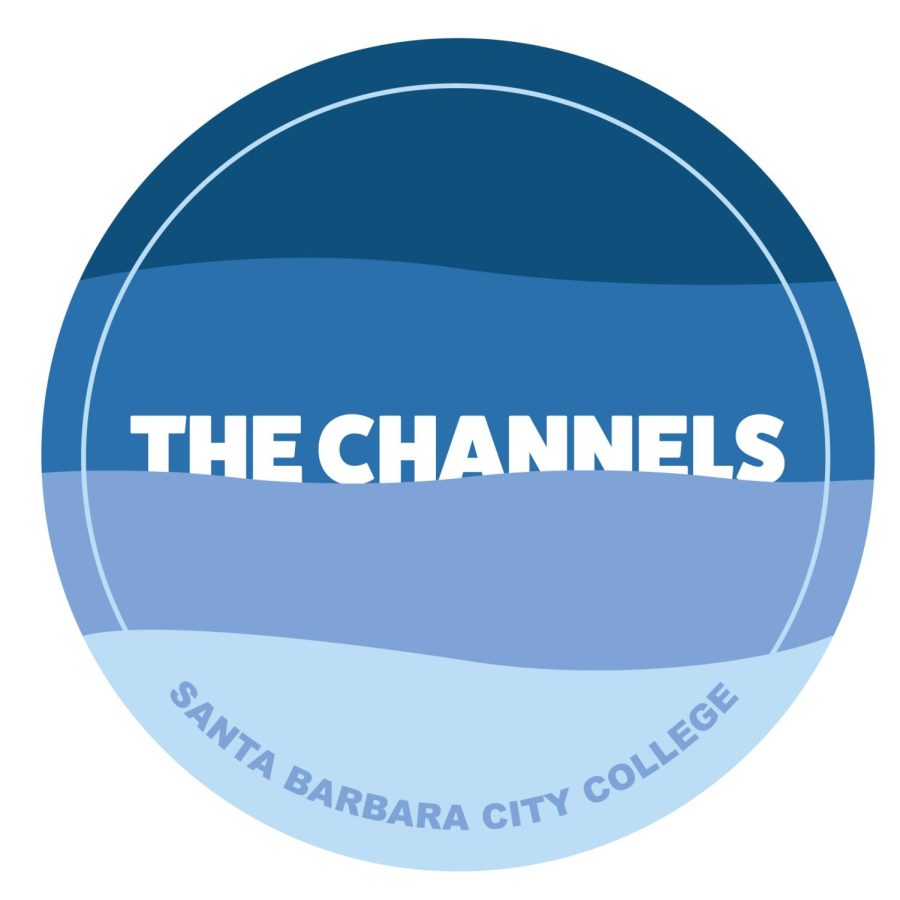It’s expensive to complete higher education in America, leaving many with a college degree in one hand and an enormous amount of student debt in the other.
In an attempt to lessen the cost of textbooks for students, the Academic Senate is working to implement the College Textbook Affordability Act at City College. The act could grant the college up to $50,000 to help its faculty shift towards using free, high-quality, open educational resources instead of textbooks. Adopting this act would not necessarily mean the whole campus would switch from textbooks to online resources, but would offer alternative options and support for instructors.
The legislation outlines that in order to receive the funding, the senate must appoint someone to submit a plan and resolution that explains the college’s intent to implement the resources. The Academic Senate is currently working to find someone to fill this role.
The Channels Editorial Board supports the adoption of the act, but wants to ensure that all aspects and impacts that may come with it are properly considered and specified in the plan and resolution.
These resources could be helpful for students depending on the type of class in which they would be offered. For example, it makes sense to use free and easily accessible resources for an English course, because students could have essays, literature or other helpful works readily available.
On the other hand, not all classes would be optimal for online text rather than physical textbooks. Science courses, for example, tend to be very visual. Images, graphics and design change the nature of teaching and learning.
We may live in a digital age, but surveys have shown that students tend to prefer reading print versus e-books. This brings up the question of how to handle a situation in which a student is enrolled in a course that requires an online resource, and they need physical text to be able to engage properly.
The question of printing these recourses then comes into play. It should be duly noted that students already use the printers on campus, and there could be significant negative impacts on them if students are taking more time to print their own resources. This would congest the already heavily used machines, and would lead to the college spending significant amounts of money to pay for more ink and toner to compensate for the increased usage.
Accessibility to computers and Internet is another concern of the Ed Board.
Students who can’t afford a laptop or computer could suffer from the implementation of these online resources. Textbook requirements are not outlined when signing up for courses, so students would not be able to know what their options are when enrolling for classes.
If required to use a tool that is not easily accessible, even more students will flock to the library and labs than those that already do. This means that it will become even more difficult to study on a computer in the library than it is now, and the college may even have to look to offer more labs.
With these access infrastructure issues, City College may want to explore options like a lease back program with tablets or laptops. By offering the tools to successfully use the resources for everyone, the act would be much more impactful on campus.


